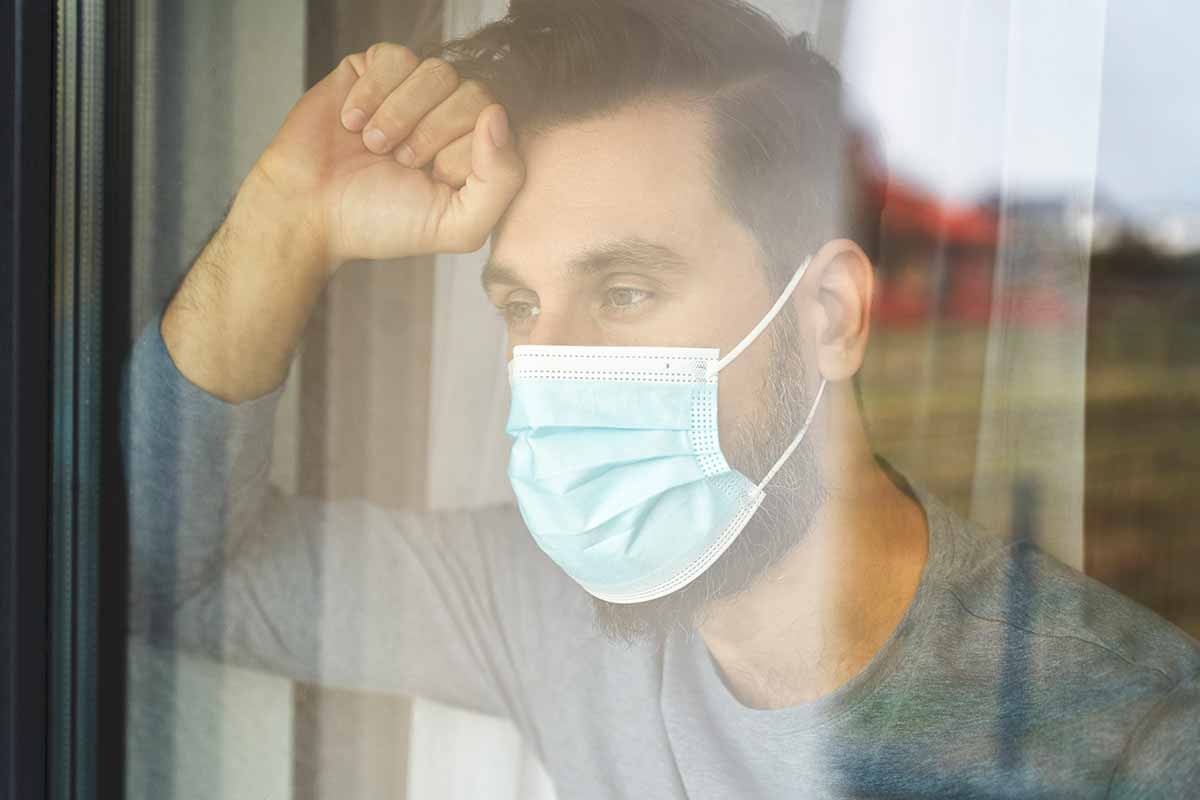If you struggle with depression during winter, you can use some self-care strategies to deal with the situation. If you’re unsure about where to start or what steps you can take to cope with the changing season’s effect on your mood, we are here to help. To help you get on the right track and manage the symptoms, you may want to consider seeking treatment from a rehab center.
Dual diagnosis treatment can help you get to the root of your depression and provide tools for coping with the winter blues. If you’re looking for “dual diagnosis near me,” Colorado Medication Assisted Recovery provides effective, comprehensive care to help you find balance in your life.
Why Is Depression Common During the Winter?
Depression during winter is linked to a decrease in sunlight, which affects your body’s production of serotonin. Serotonin is a chemical in the brain that helps regulate your mood, and its production is related to exposure to sunlight. With fewer hours of daylight in winter, people tend to experience a drop in mood.
The long, dark hours of winter can also lead to isolation and loneliness—two factors that are closely linked to depression. You may find yourself struggling with a lack of motivation and loss of interest in activities that you normally enjoy, as well as difficulty sleeping.
Seeking Treatment for Depression During Winter
If you suffer severe symptoms that affect day-to-day activities, it is advisable to seek a therapist’s assistance. Rehab centers can provide practical tools and strategies to help you build resilience and cope with this disorder during its peak. An expert will evaluate your condition and provide personalized treatment services, including:
- Addiction treatment if substance use is a concern
- Medication-assisted treatment to reduce symptoms
- Case management and peer support
- Pain management services
Treatment can also address underlying issues such as trauma, which can worsen depression.
Ways to Cope with Winter Depression
Consider Working Out Regularly
Exercising during winter can boost your energy and make you feel better. Physical activities improve the brain’s serotonin levels which control mood. It is a great way to distract your thoughts from the stress-causing situation and concentrate on positive energy.
Studies reveal that if you perform a thirty-minute exercise routine three times per week, you can alleviate anxiety and depression symptoms. If going to the gym seems challenging, opt for working out at home or find engaging physical activities.
Lightbox Therapy
One of the causes of seasonal depression is the lack of exposure to natural sunlight. Fortunately, you can take advantage of other ways to receive the necessary light. Experts concur that lightbox therapy can help.
The sunlight boxes are fitted with fluorescent tubes and produce light with similar benefits to sunlight. A 30-minute exposure to the lightbox every day can help you fight depression symptoms. Many therapists in the US use this technique as an antidepressant for their clients.
Develop Proper Eating Habits
Many people with depression crave carbohydrates and sugar. While it is okay to take your favorite snacks, overeating can affect your health. For example, it can lead to weight gain and unexplained fatigue. Developing a healthy eating plan boosts your body’s metabolism and increases energy levels.
Adopting a healthy diet can serve as a useful depression treatment. Sugary foods can be part of your diet but cut them as much as you can. To develop a healthy diet plan, you can use several strategies, such as:
- Minimizing sugary drinks
- Watching nutrition labels on pre-cooked foods
- Taking low-sugar cereals
- Considering high fiber and whole-grain starches
- Consuming more vegetables and fruits
- Minimizing fats
Learn Coping Mechanisms
You can use simple tricks, like breathing in and out, as a depression treatment. Deep breathing calms your brain and the body. You can do this exercise anywhere, and it can be useful if you do it consistently. Breathing exercises reduce tension in various body parts and help to alleviate anxiety and depression.
Yoga and meditation can also help you feel better. Health experts encourage people to embrace these practices because they understand their health benefits. Try to learn mindfulness, which aims to maintain focus on the current moment and cultivate fulfillment and happiness.
Consult a therapist at a depression treatment center to learn mindfulness, meditation, and other life skills for coping with depression during winter.
Overcome Depression at Colorado Medication Assisted Recovery
You can use these tips to deal with depression during winter, but if the symptoms persist and become uncontrollable, seek immediate medical intervention. At our rehab center, you will meet skilled and experienced therapists who understand the severe consequences of long-term depression. Contact Colorado Medication Assisted Recovery at 833.448.0127 to examine your condition and access innovative treatment techniques for seasonal depression.



















